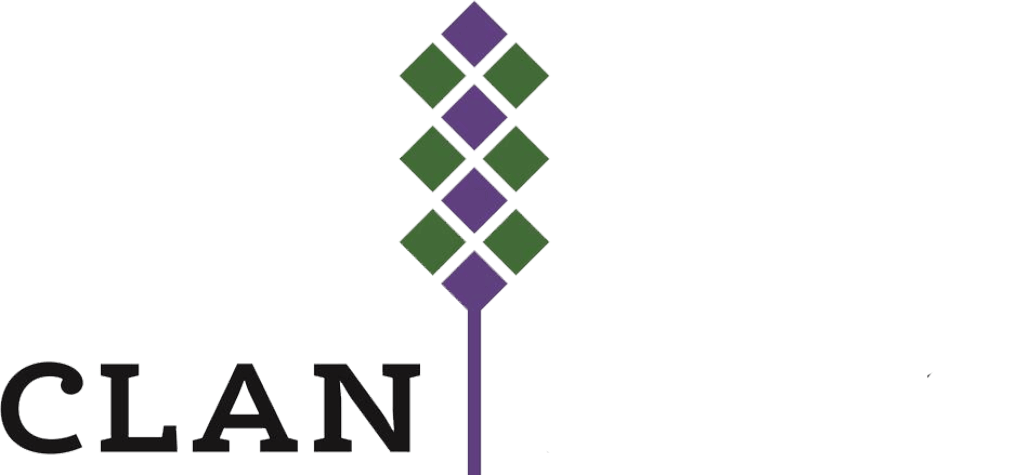Clan Trust helps save lives with donation to Norfolk Lowland Search and Rescue
Norfolk charity, the Clan Trust, has made a generous donation to Norfolk Lowland Search and Rescue (NorlSAR), enabling the team to equip themselves with five brand new defibrillators.
The Clan Trust donated to Norfolk Lowland Search and Rescue (NorlSAR) earlier this year to purchase five defibrillators at £890 each.
NorlSAR, bridges the gap between Mountain Rescue Teams and HM Coast Guard, with a dedicated team of 45 fully trained volunteer Search Technicians. These volunteers are on-call 24/7, 365 days a year, providing crucial support to police and emergency services in the search for vulnerable missing persons across Norfolk.
Operating without government funding, NorlSAR relies entirely on donations, collections, and grants to continue its life-saving work.
“It costs £15k per year to keep our support vehicles operational, provide essential training for all our volunteers, cover mandatory subscriptions and insurances and essential lifesaving equipment,” Deb Chedgey, Vice Chairman and Trustee for NorlSAR.
During the Covid-19 lockdown, NorlSAR saw a significant increase in call outs from police, and this has continued post pandemic. In response to the rising demand, NorlSAR will qualify seven of their team members in First Response Emergency Care (FREC). This additional qualification allows them to offer immediate medical assistance while waiting for paramedics to arrive.
“Each FREC trained volunteer requires a defibrillator during call outs. These are costly, but essential pieces of equipment that significantly improve a casualty’s chance of survival. We are very grateful for the donation from the Clan Trust and to be able to continue to save lives across Norfolk,” says Deb.
With training still in progress, Debs describes a hypothetical scenario in which they might be called out to assist police in searching for a vulnerable individual with dementia and a serious heart problem.
“In a situation like this, if we were to find the individual unresponsive and not breathing, we would immediately begin CPR as we wait for one of our FREC-qualified medics to arrive.”
“Carrying a full medical kit, including oxygen, the team medic would apply the defibrillator pads to the patient. The defibrillator would detect a shockable rhythm and deliver a shock to the patient’s heart, helping them regain a pulse before handing them over to the ambulance service.”
“This example illustrates just how crucial defibrillators are in the chain of survival during cardiac arrests. Our volunteers rely on teamwork, communication, and collaboration to provide the best possible outcomes for vulnerable missing people across Norfolk,” concludes Debs.
NorlSAR is actively seeking volunteers from all backgrounds, aged 18-75, to join their team. If you’re interested in helping make a difference, visit the NorlSAR website to learn more - https://norlsar.org.uk/about-us/

